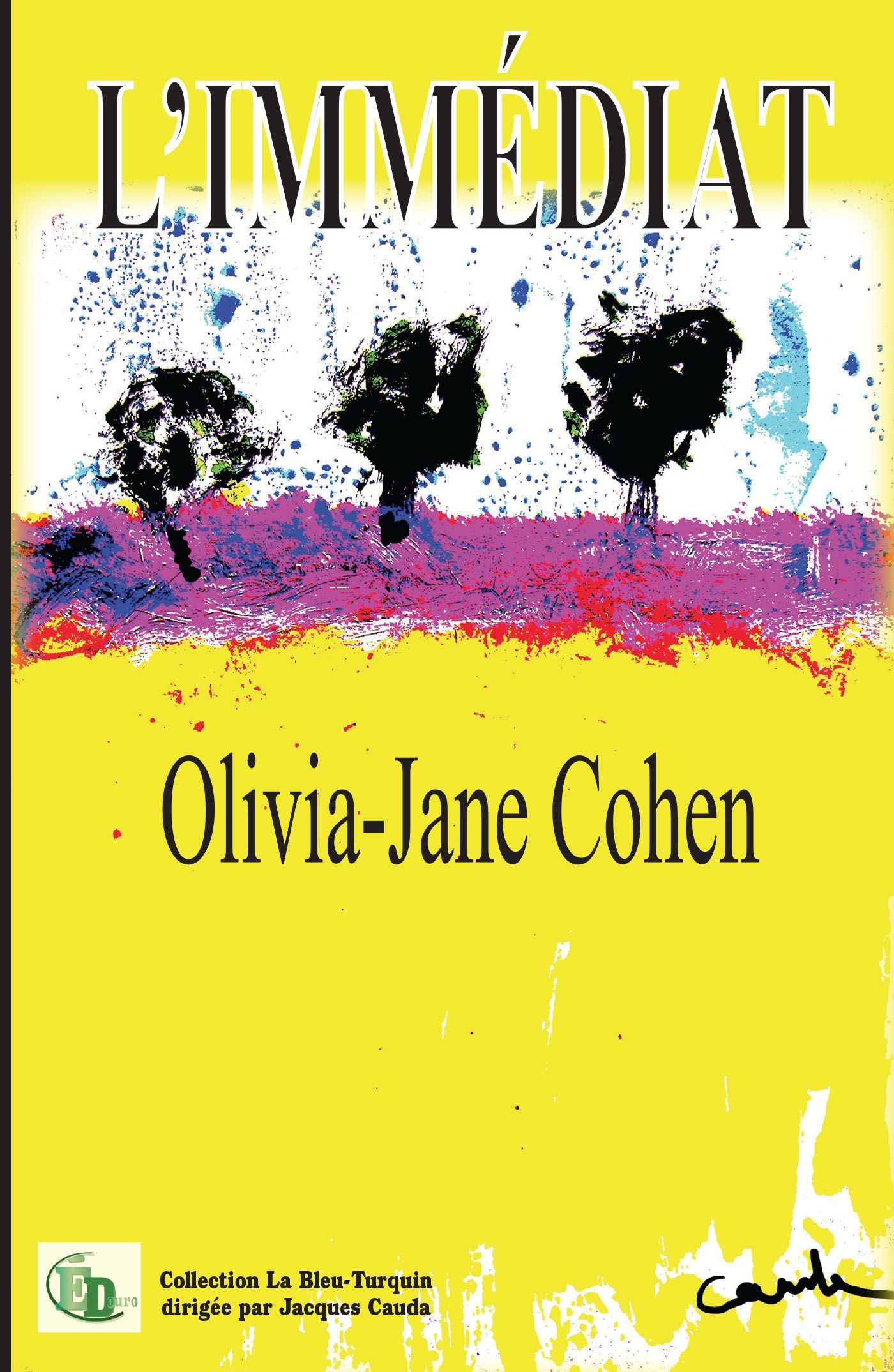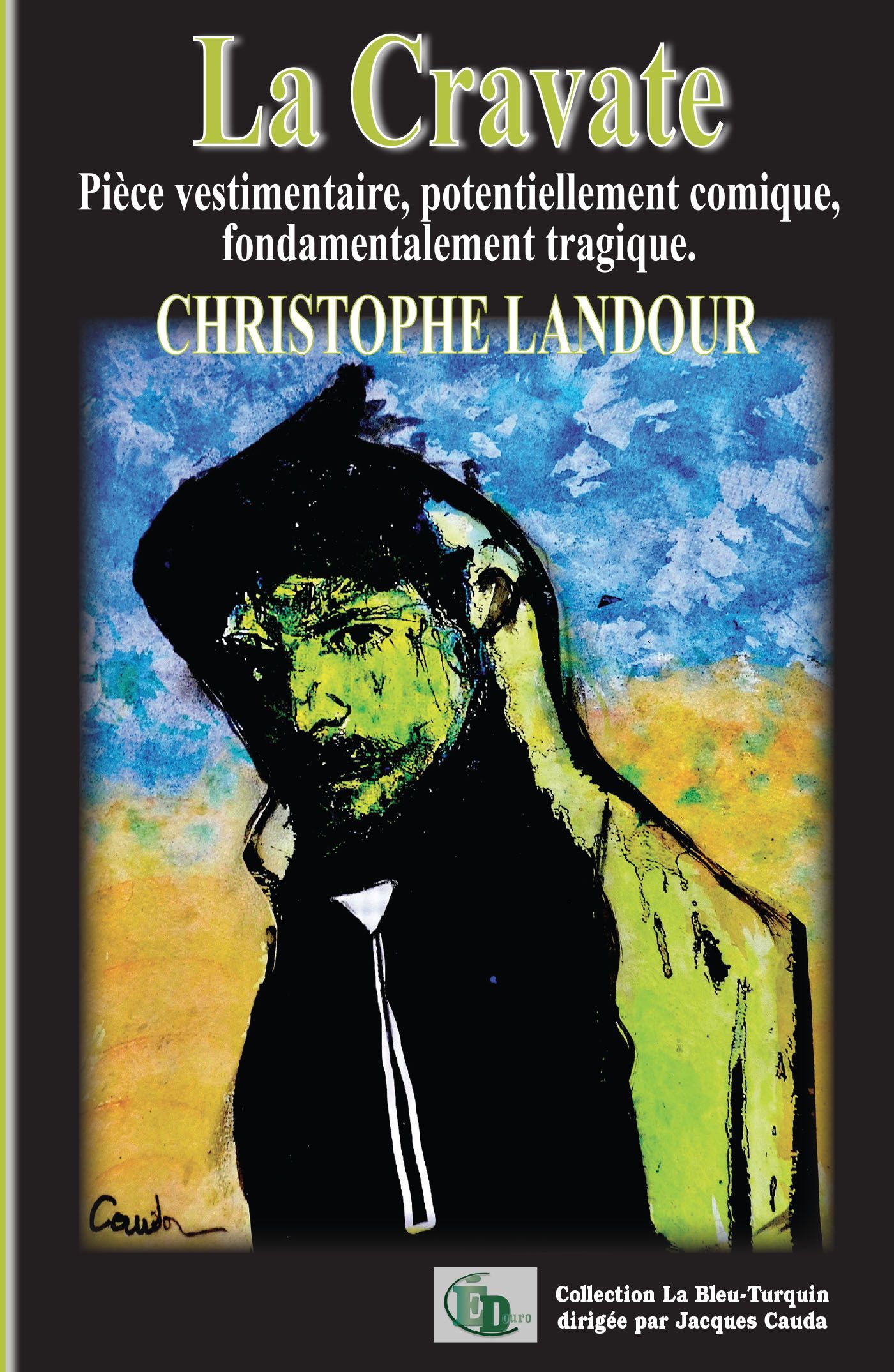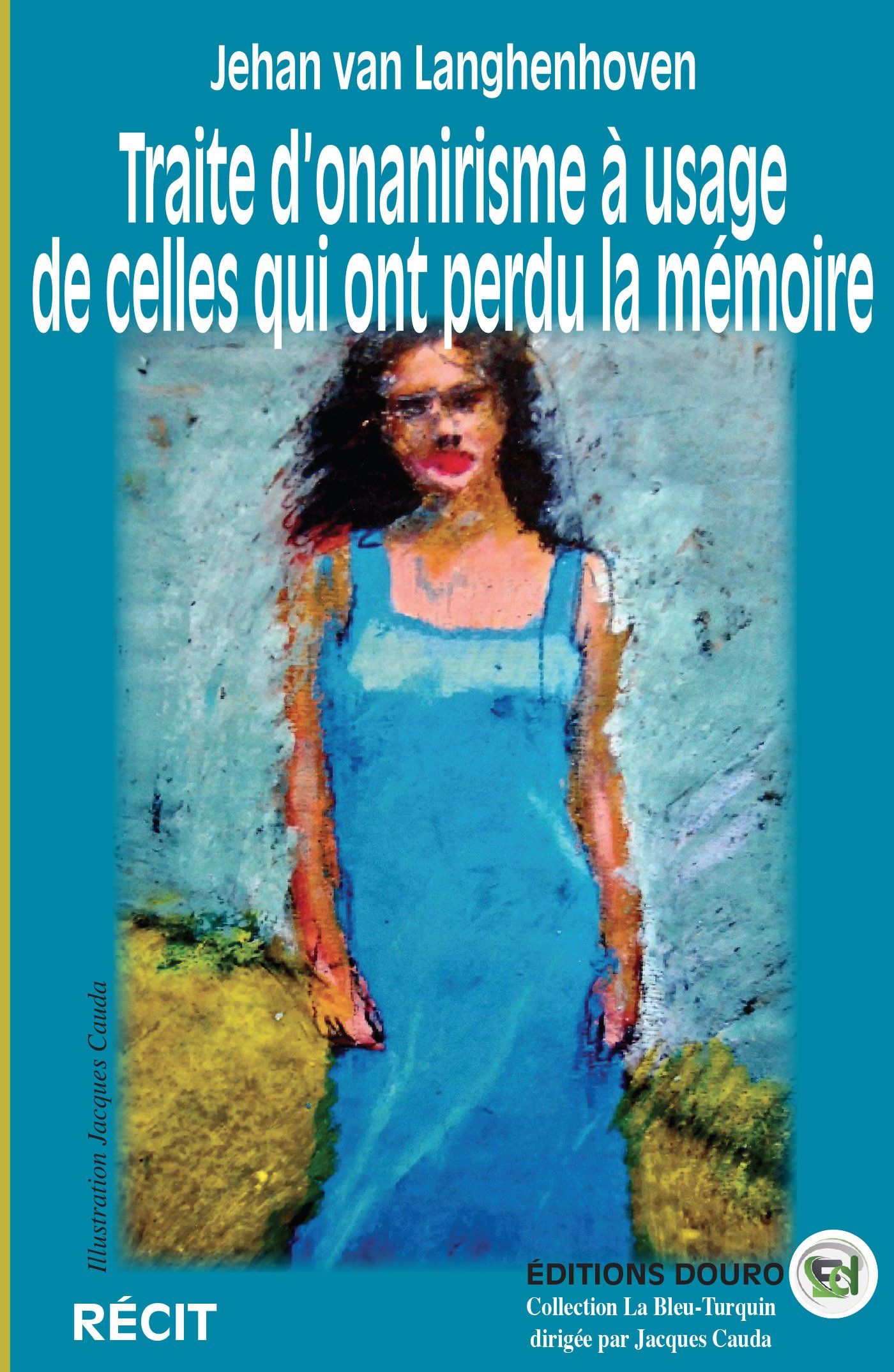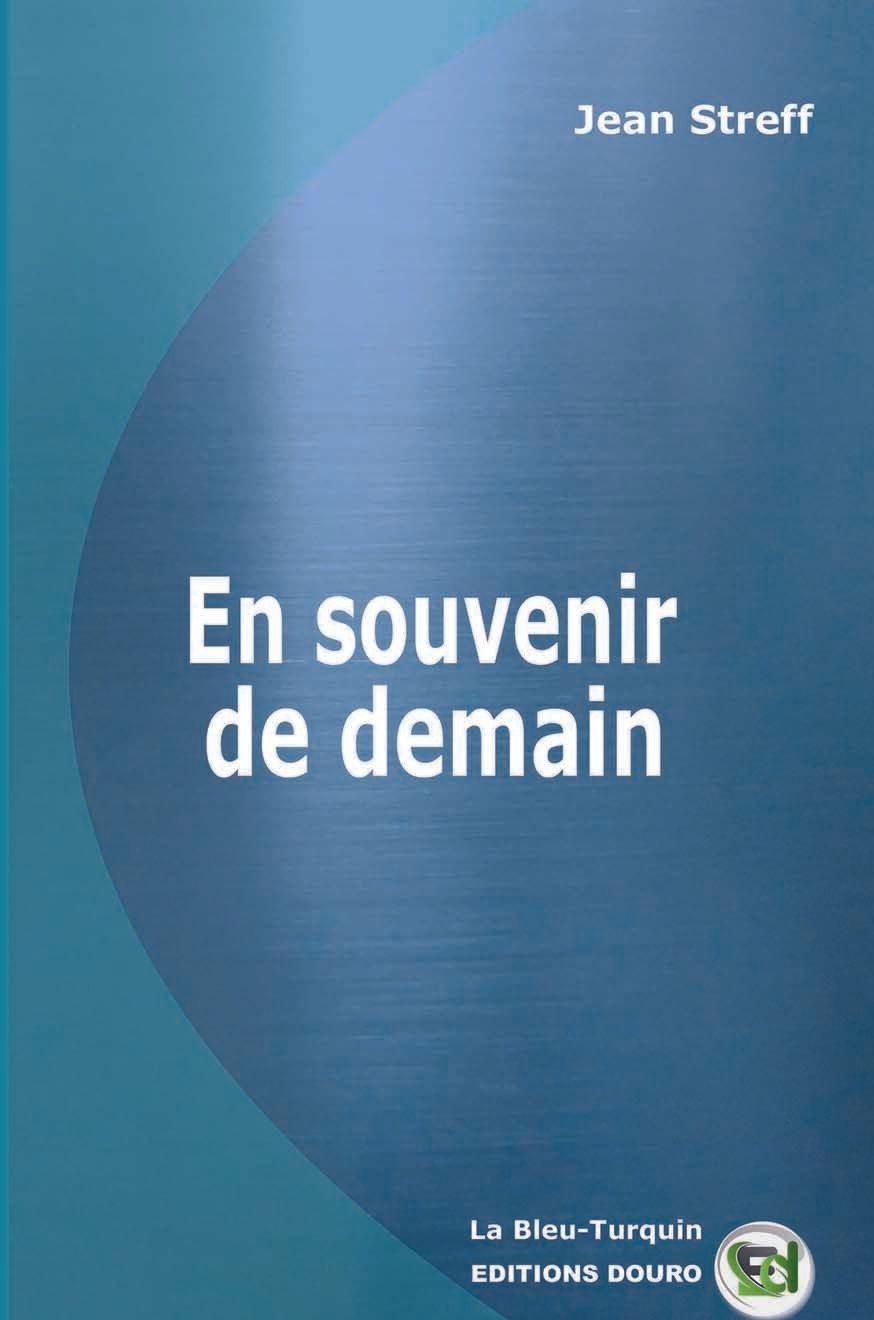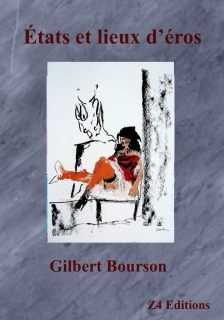Collection
The Blue-Turquin, ISSN: 2727-6643
Director: Jacques Cauda
NOur publishing house is honored to take over the "La Bleu-Turquin" collection, directed by Jacques Cauda and developed until the end of 2020 by our partner and friend Daniel Ziv, of Z4 Éditions. Previous publications remain available and you can order them through the links we provide.
Jacques Cauda, born in Saint-Mandé on July 9, 1955, is a French painter, writer, poet, editor, photographer and documentarian.
Alongside his philosophy studies, he continued training as a director. From 1978 onwards, he directed around thirty documentaries for French, Algerian and Canadian television.
In 1998, he interrupted his career as a documentary filmmaker to begin painting. He created a new pictorial movement: the superfigurative movement, the broad outlines of which he outlined in a manifesto, "Toute la lumière sur la figure" (All the light on the figure), published by Ex Aequo in 2009.
"To overfigure," he writes, "is to take as an object sensations whose source is no longer reality."
but its retinal representation.
The world has become an image and to paint it is to rewrite this image." This is why he most often uses oil pastels, which have the particularity of being practiced like writing on a sheet of paper. He thus reconnects with the ut pictura poesis of the Ancients: painting is also poetry.
Jacques Cauda dirige également les collections Cour & Jardin et Résonances
La Bleu-Turquin/Douro on September 18, 2023, on Radio Libertaire, with Jacques Cauda, Gilbert Bourson, Eric Tessier and Jehan van Langhenhoven






















